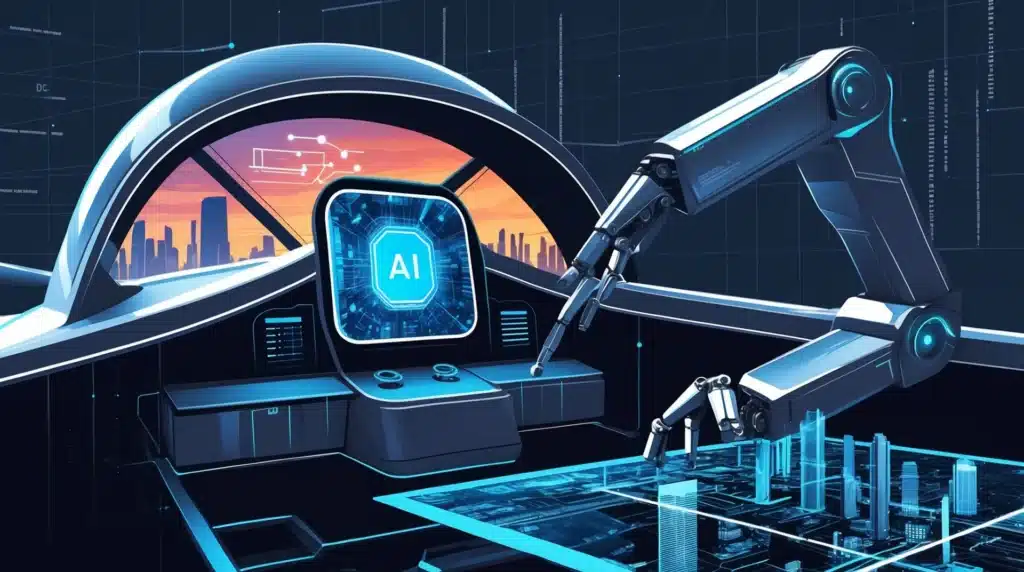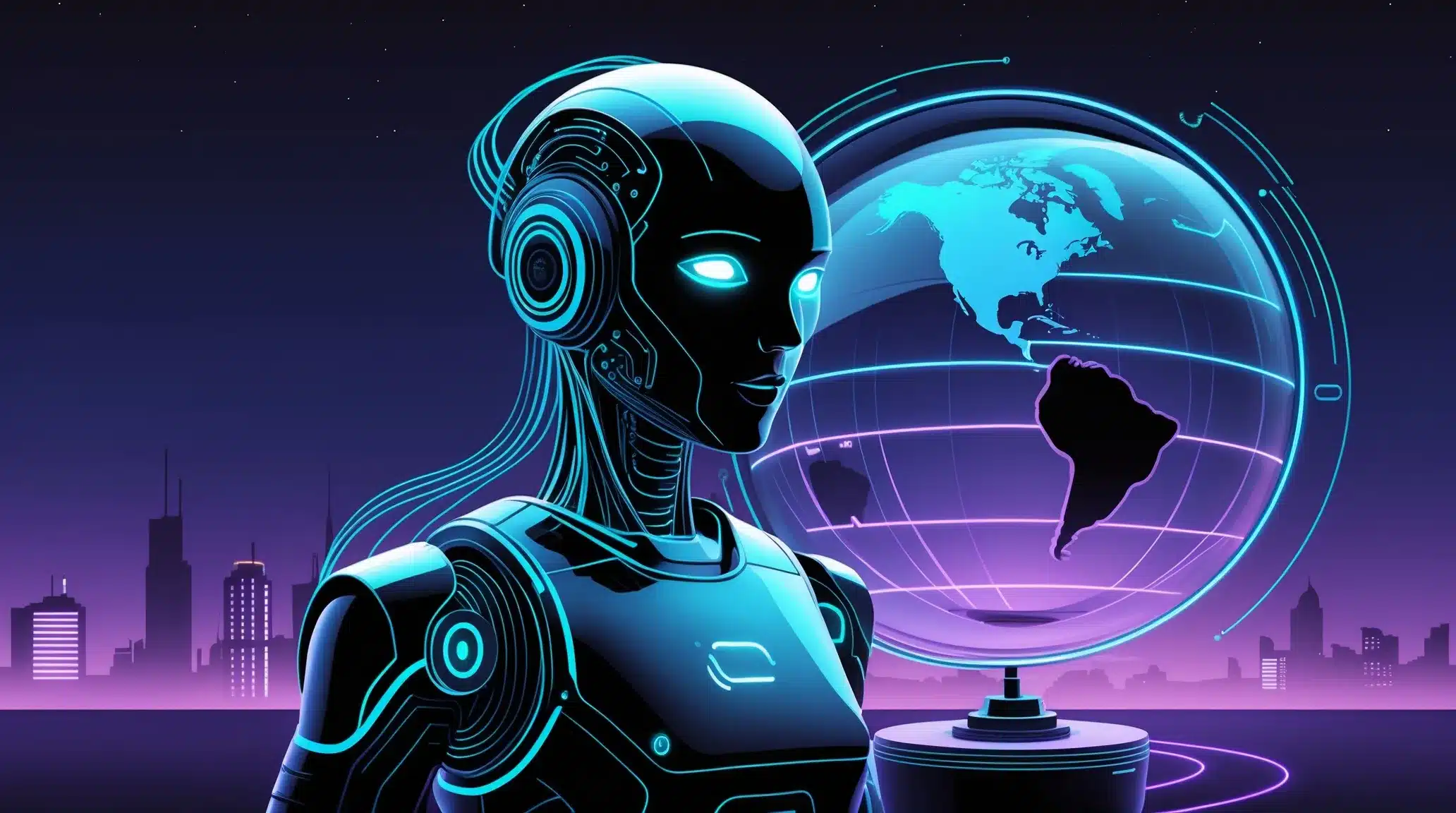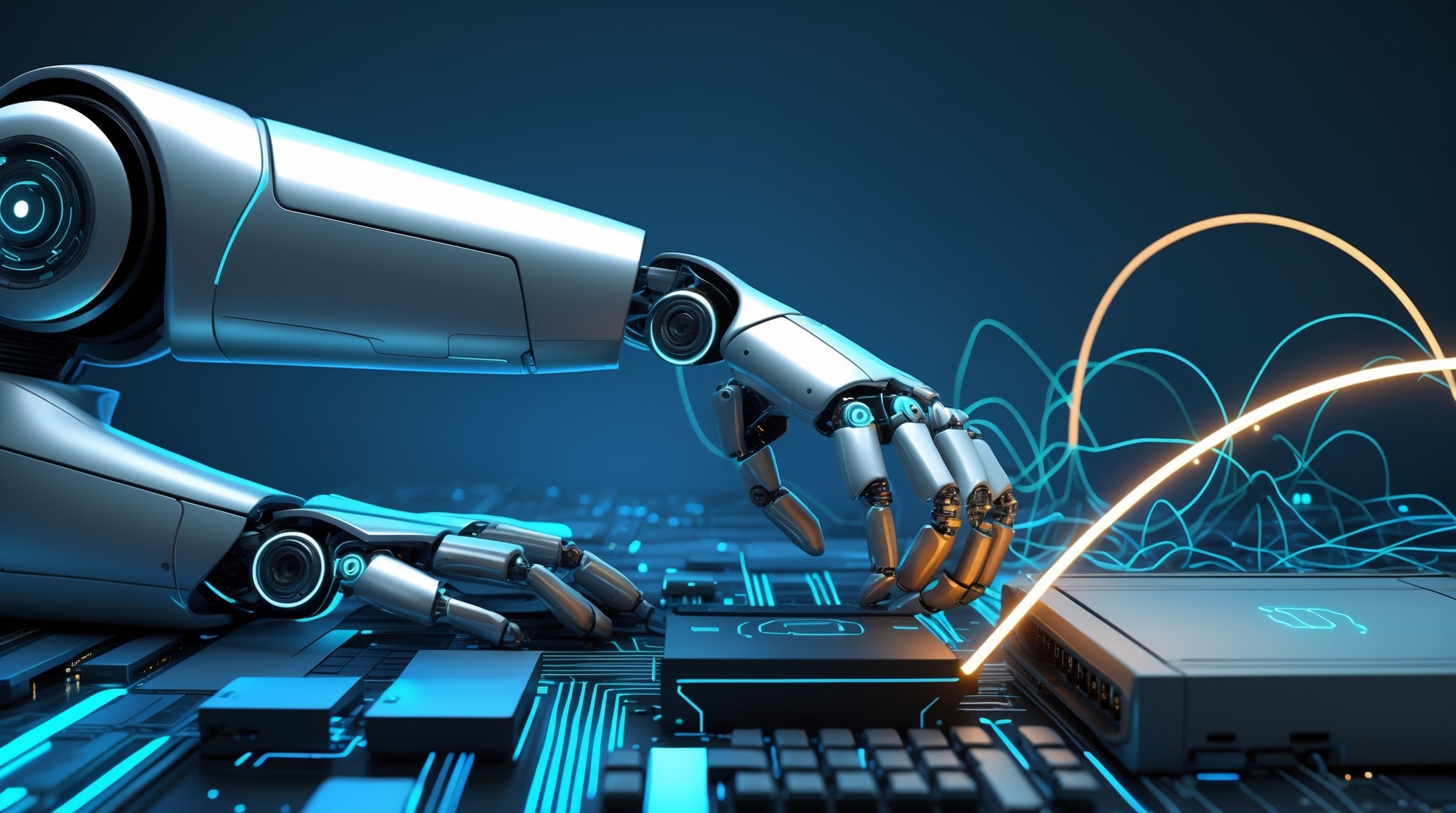In 2025, AI agents are evolving from basic co-pilots performing scripted tasks to autonomous “autopilot” systems capable of executing complex functions with minimal human input. Powered by large language models (LLMs), these agents can analyze, learn, plan, and adapt to dynamic contexts, significantly enhancing decision-making and operational efficiency. Their usability is expanding across industries—from customer service and marketing to healthcare, law, finance, and logistics—driven by advances in computing power and natural language interfaces. Companies are seeing notable benefits, including time savings and revenue growth, especially in repetitive or data-intensive tasks.
Despite these advancements, full autonomy remains theoretical. Most AI agents function at automation levels 2-3, requiring human oversight. Challenges include integrating legacy tech, ensuring data quality, managing cybersecurity risks, and establishing trust. Concerns about job displacement and ethical considerations are prominent, underlining the need for thoughtful implementation strategies.
Experts advocate for a modular, needs-based approach to adoption, starting with simple, well-defined tasks. Building AI-native infrastructure, rather than retrofitting existing systems, is crucial for maximizing benefits. Early adopters are expected to gain a compounding advantage by rapidly training and optimizing AI agents. Proper governance, transparency, and alignment with business goals are essential for success in this transformative technological shift.



